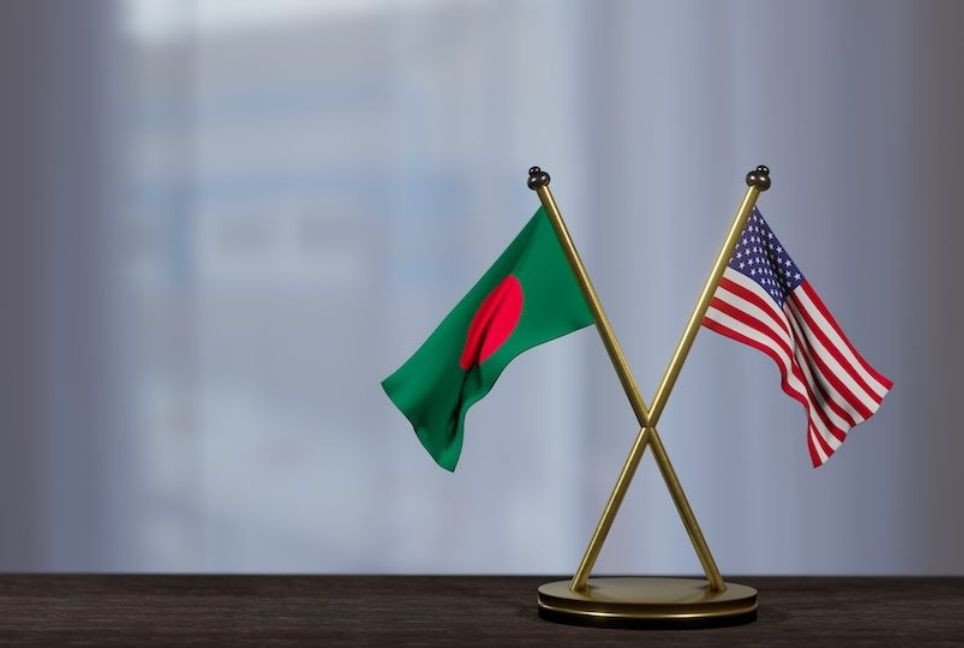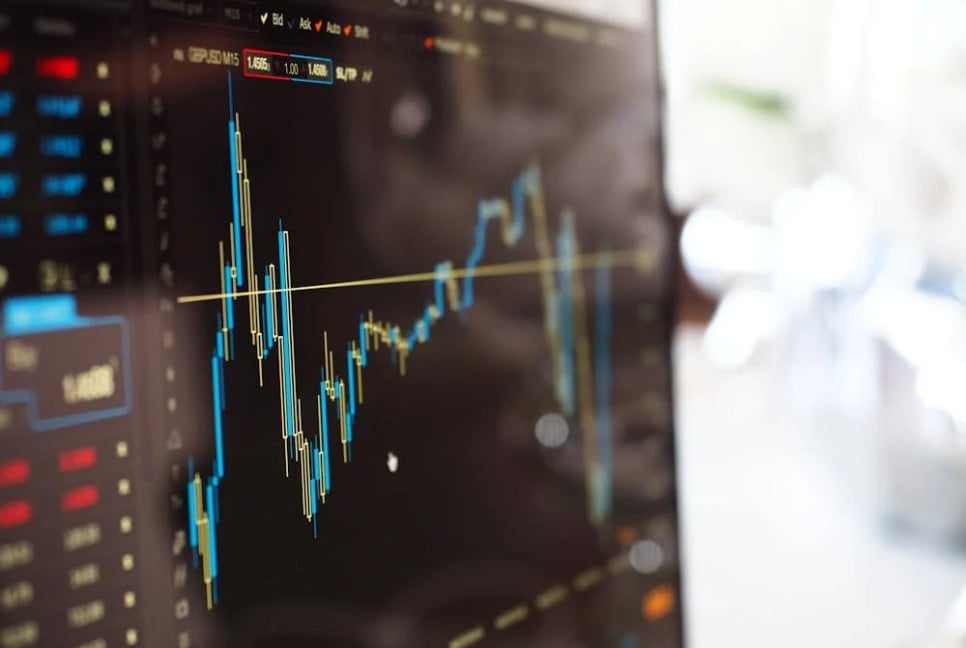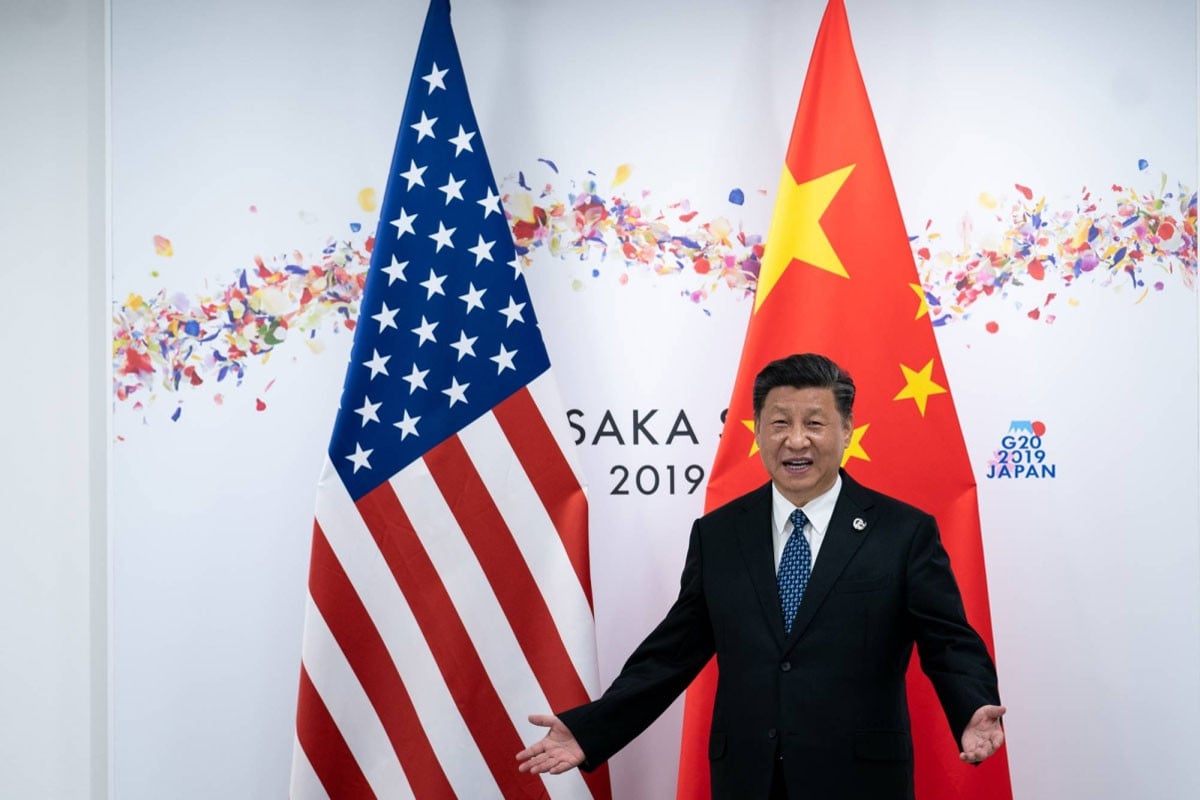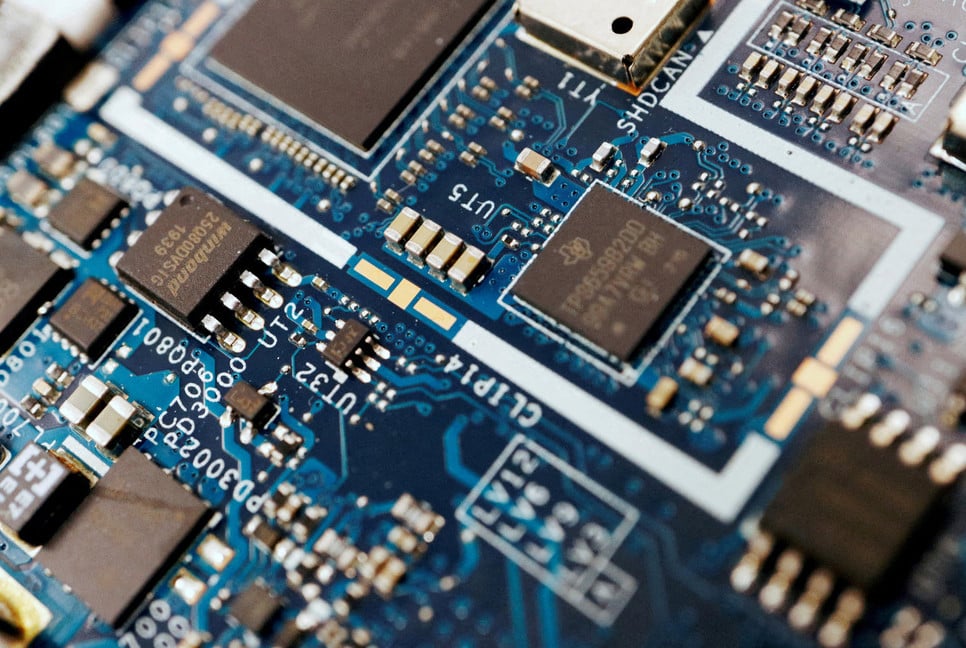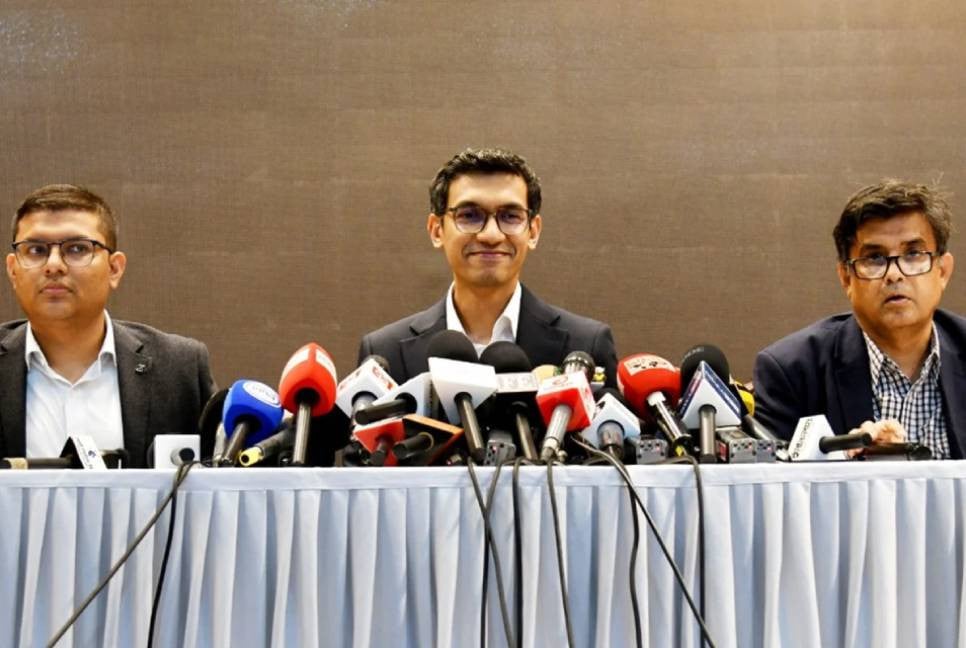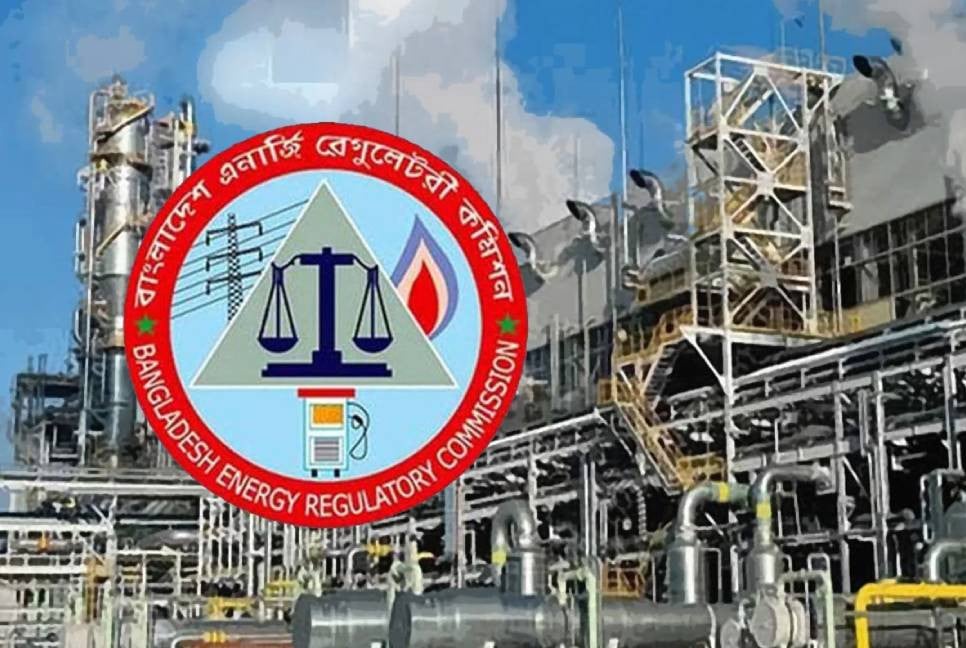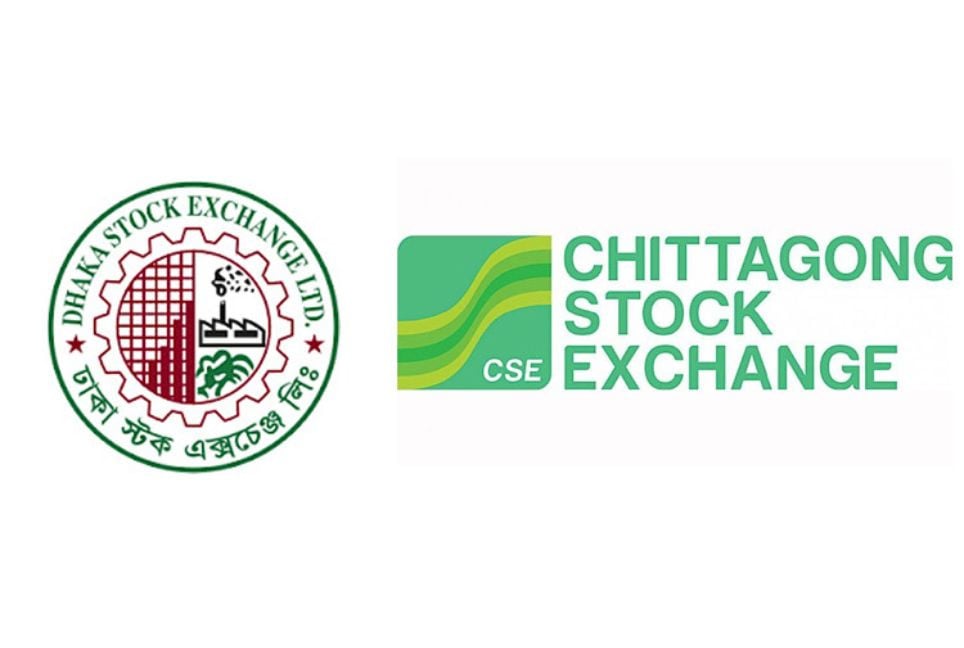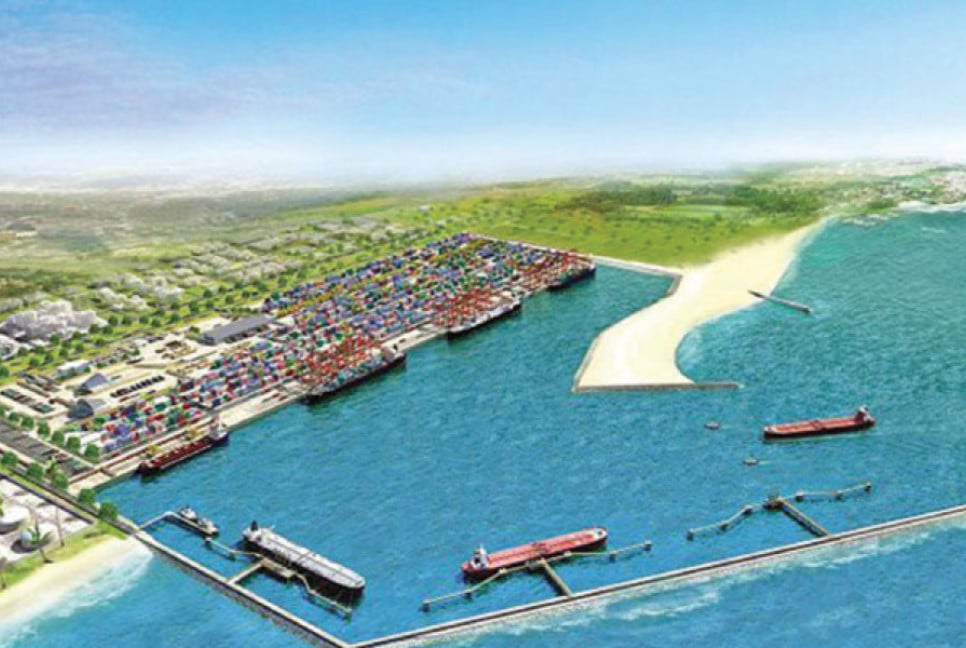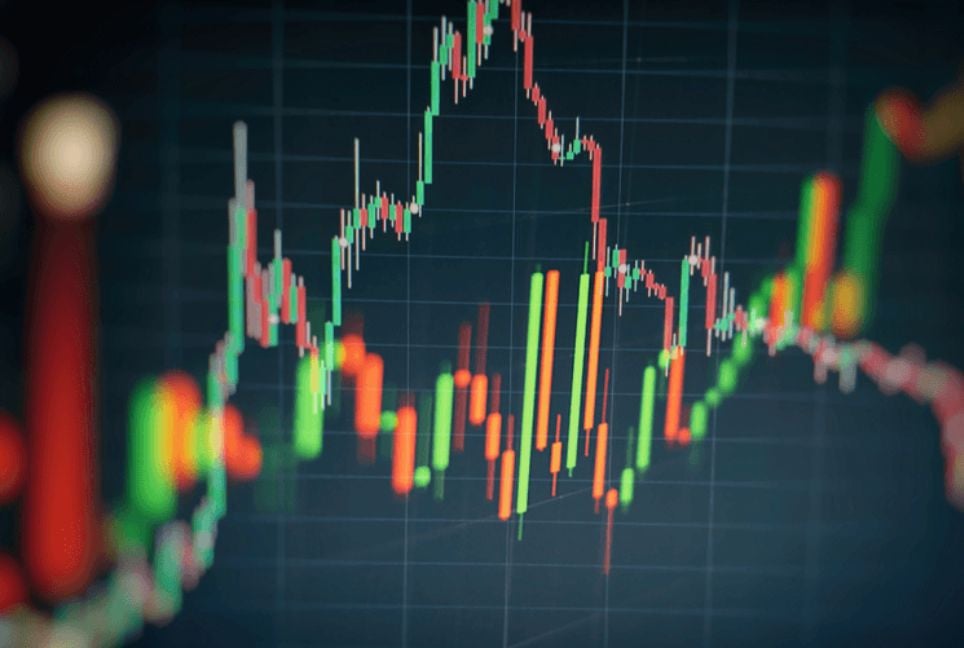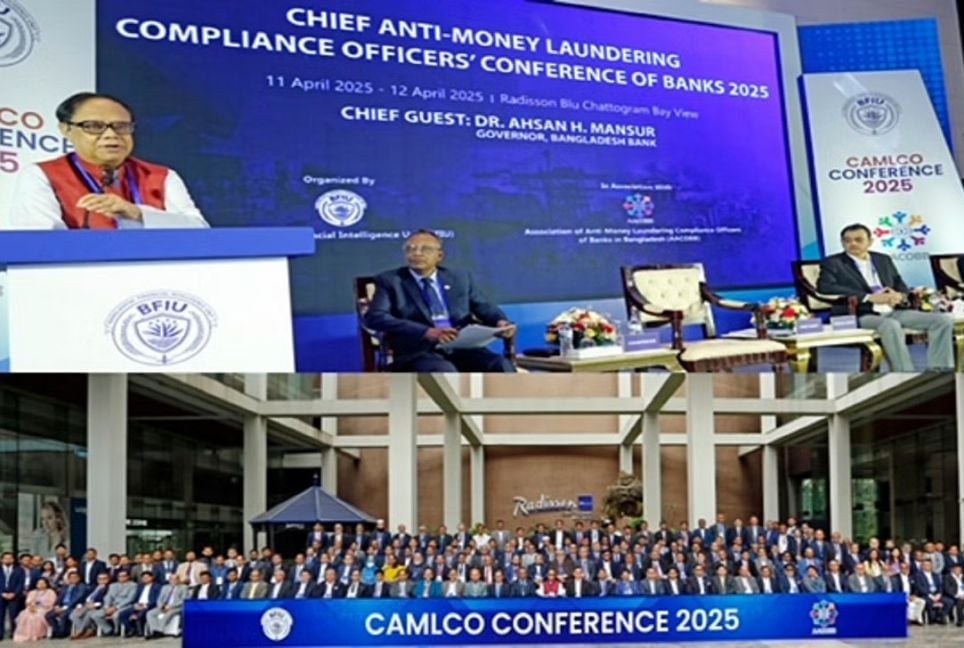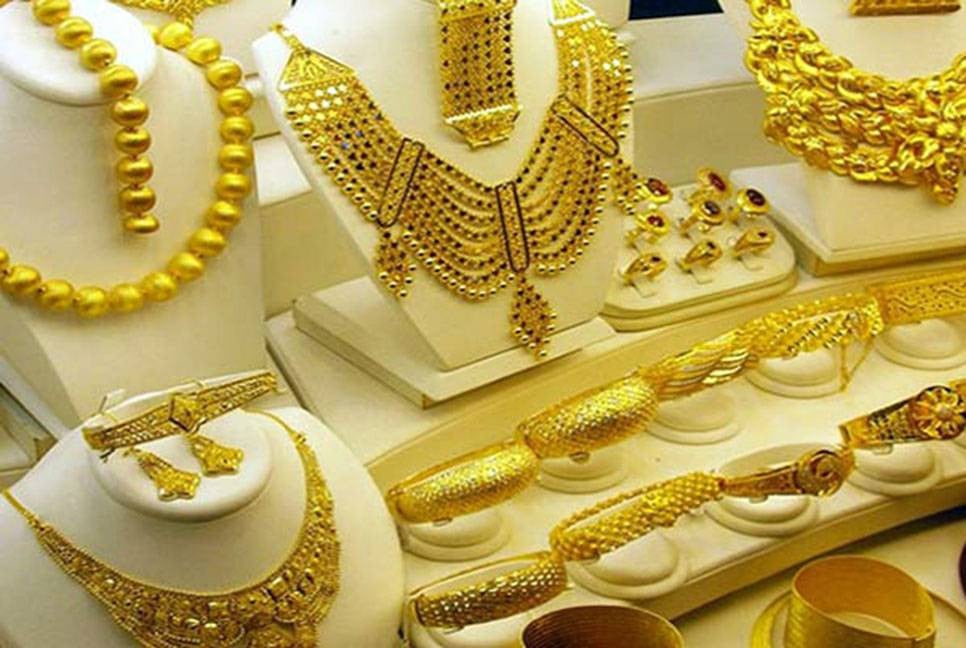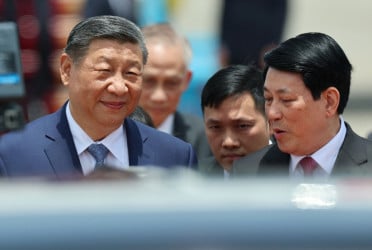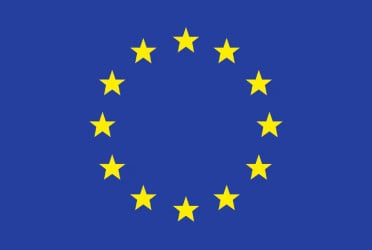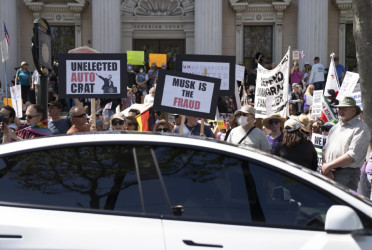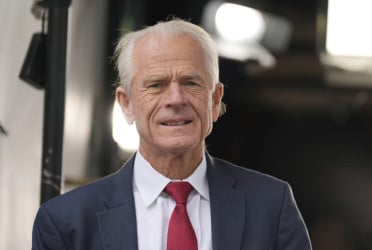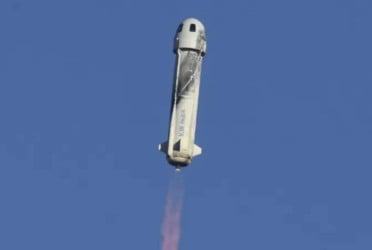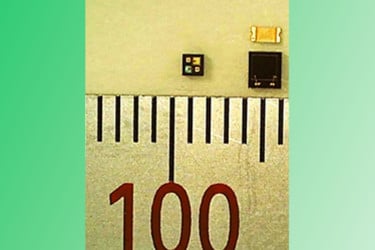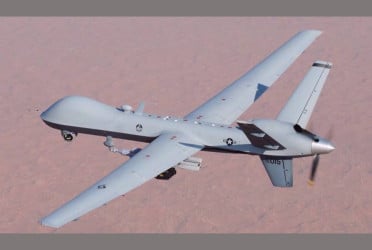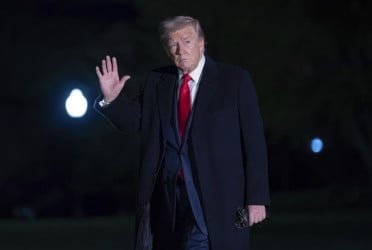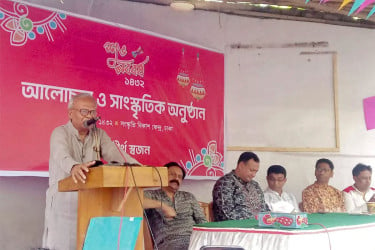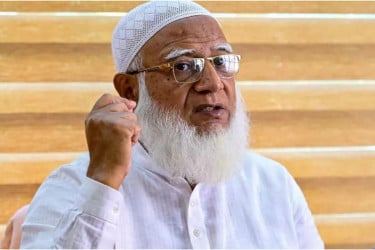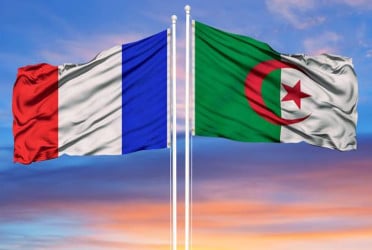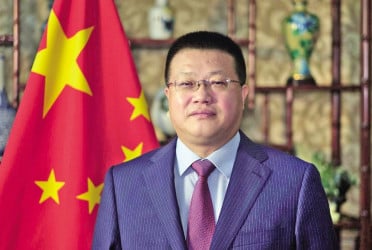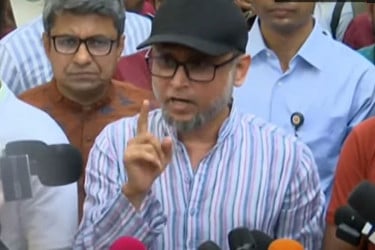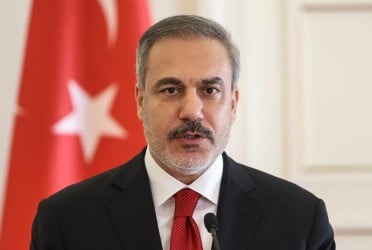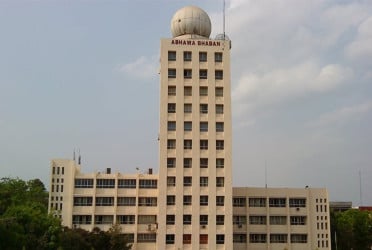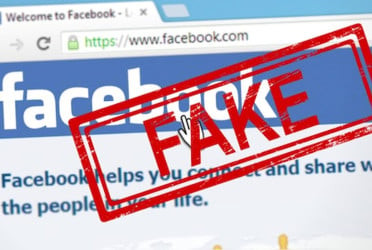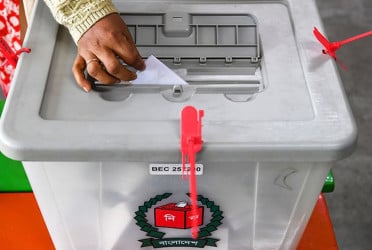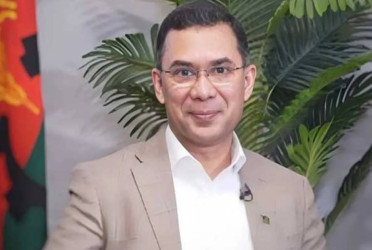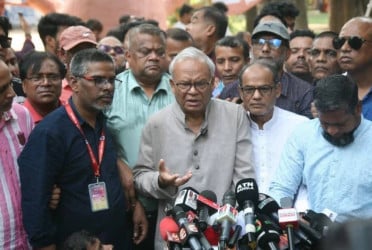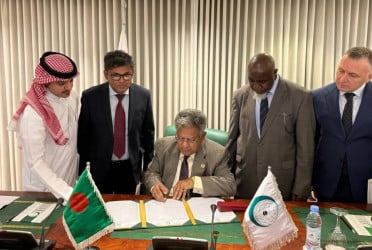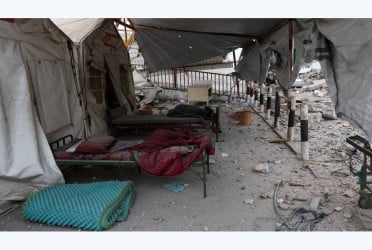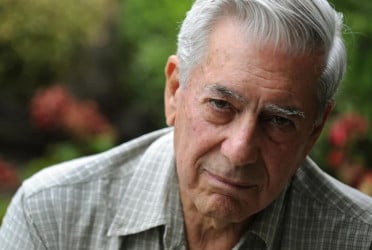The government of Bangladesh will facilitate the import of 100 additional US products at zero tariff, aiming to reduce the trade deficit with the United States.
Commerce Adviser Sk Bashir Uddin sent a letter to the United States Trade Representative (USTR) on Monday in this regard.
“Our Tariff Schedule currently includes 190 product lines with zero tariff, and another 100 product lines are under consideration for inclusion in the zero-tariff list,” the letter states.
Additionally, the letter mentions that Bangladesh is planning a long-term LNG agreement with the US and will allow private equity access to the healthcare sector in return for tariff relief.
“Our government is exploring ways to reduce tariff rates and eliminate non-tariff barriers. We have initiated reforms to enhance mutually beneficial trade between our two countries. These reforms include updates to the import policy order, simplification of customs procedures, enforcement of intellectual property rights, and protection of trademarks and patent rights,” it reads.
“We are also planning a long-term LNG deal with our US counterparts and intend to propose that American automakers set up car manufacturing plants in Bangladesh. We are encouraging private entrepreneurs to increase imports of soy, wheat, cotton, and other products. We will also welcome US private equity investments in Bangladesh’s healthcare and service sectors. I am confident these steps, among others, will help narrow the gap in our bilateral trade,” the adviser added.
The letter further states that since the withdrawal of preferential access for Bangladeshi exports to the US, the US government has imposed a 15 percent tariff on all goods from Bangladesh. In contrast, Bangladesh imposes a weighted average tariff of 6.10 percent on US products, with raw cotton and steel scrap facing tariff rates of 0 percent and 1 percent, respectively.
Bangladesh, one of the largest importers of US cotton, uses it to manufacture readymade garments that face high tariffs in the US market.
Bangladesh remains committed to open dialogue and cooperation to remove any barriers to US exports, resolve trade disputes, and promote mutual prosperity, the letter adds.
“We have already held several meetings with the trade wing of the US Embassy in Bangladesh to identify trade barriers, and we have agreed on a number of measures to address them,” it states.
“The Chief Adviser, Nobel laureate Professor Dr Muhammad Yunus, and his government—including my office—are committed to taking all necessary steps to initiate constructive engagement and a meaningful dialogue with your esteemed department to strengthen our bilateral trade relations. We aim to boost trade between our two countries and improve the livelihoods of our peoples. I eagerly look forward to your response in this regard,” the letter concludes.
Earlier in the day, Chief Adviser Professor Muhammad Yunus sent a letter to US President Donald Trump, requesting a three-month postponement of the newly imposed reciprocal tariffs on Bangladeshi goods. He urged the delay to allow the interim government to implement its initiatives aimed at substantially increasing US exports to Bangladesh.
On April 2, US President Donald Trump imposed reciprocal tariffs on imports from several countries, including 37 percent on Bangladesh, 26 percent on India, 34 percent on China, and 20 percent on the European Union, in response to the tariffs those nations impose on US goods.
Courtesy: Daily Sun
Bd-pratidin English/FNC

